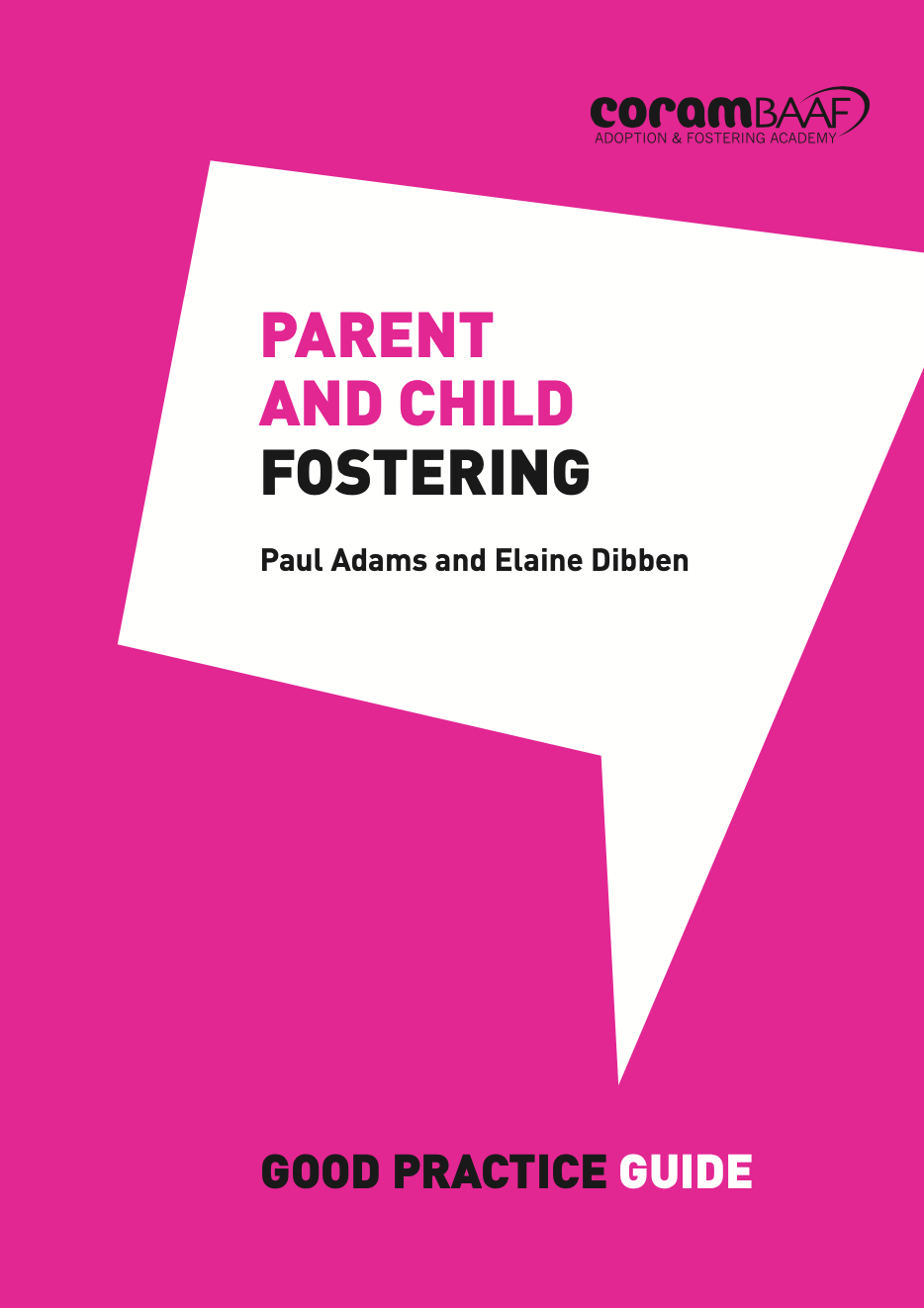
Parent and child fostering
£19.95
Parent and child arrangements with foster carers are now a well-established form of placement. In most cases, this means adults with their children living with foster carers, usually in the context of care proceedings. This is a specialist area characterised by the uniqueness of having adult parents in the foster home. This brings new challenges to fostering services that may be at different stages in their development of parent and child arrangements.
This unique guide offers invaluable advice, information and practical suggestions on how to deliver a good quality parent and child fostering service. The issues are not straightforward, and services must be consider how this particular type of fostering differs from traditional fostering, from approval, through matching to support and training.
This guide is amply illustrated with case examples of good practice from local authority and independent fostering services. It also includes a helpful set of assessment and matching forms that can be used by fostering services in their parent and child fostering cases. Please note that the forms can also be purchased as a separate electronic document for unlimited future use.
This guide is ideal for all local authority and independent fostering service social workers and managers who are involved with parent and child fostering, or who are considering offering such a service.
Read the contents page and introduction
AVAILABLE IN EBOOK AND HARD COPY
Questions about eBooks? Check out our FAQs
A 10% bulk discount will be applied at the checkout for orders of 10 copies or more on this title.
HARD COPY
Reviews
An excellent resource, bringing together advice and good practice on parent and child fostering arrangements. It should be an invaluable tool for local authorities and fostering agencies developing parent and child services and is a wonderful example of the sector coming together to address practice issues and promote excellence.
Tim Loughton MP, Parliamentary Under Secretary of State for Children and Families (2010-2012)
It is useful as an introduction to parent and child fostering in the UK and also as a framework for managers and practitioners in developing and implementing parent and child fostering services. The authors should be commended for pulling together practice that is still very much varied into a coherent format.
Dinithi Wijedasa, Research Associate, Hadley Centre for Adoption and Foster Care Studies, University of Bristol, Child & Family Social Work
